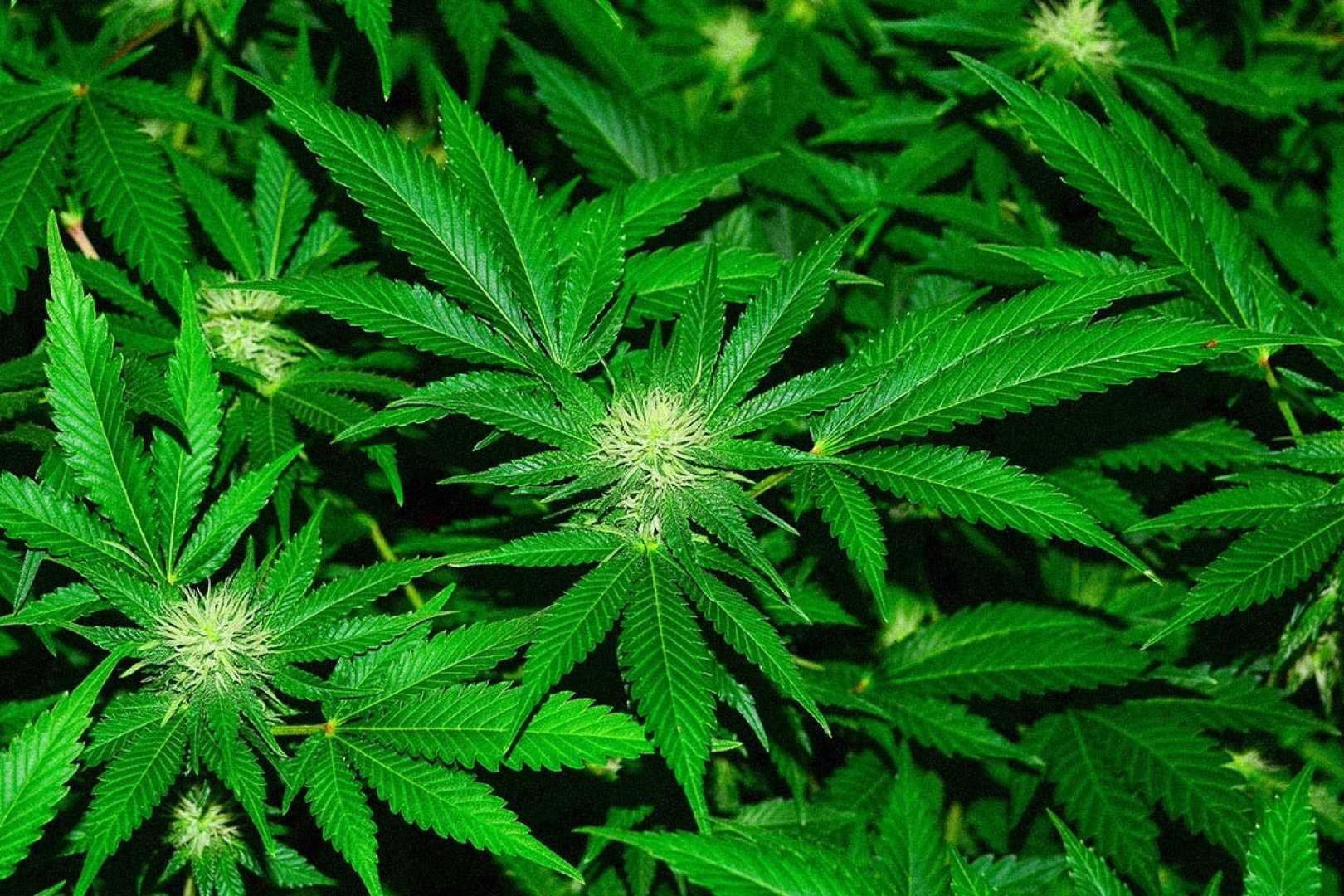News
Concerns Rise Over Chinese Counterfeit Products in U.S. Cannabis Industry

Allegations have surfaced regarding Chinese-produced counterfeit cannabis industry products and hemp derivatives allegedly produced under inadequate conditions making their way into U.S. markets. These claims revolve around concerns that these counterfeit products may negatively impact the burgeoning cannabis industry in the United States.
In recent years, the cannabis industry has contended with several controversies, including the well-known “VapeGate” scandal of 2019. This incident involved unsafe levels of harmful substances detected in various marijuana vaping products, spreading panic and casting doubt over the quality of cannabis offerings.
The central issue during “VapeGate” was the infiltration of counterfeit and illicit products, many allegedly sourced from China, into the ostensibly regulated market. “VapeGate” underscored the inadequacies in certain unregulated products, raising alarm over harmful chemicals like heavy metals found due to inferior manufacturing practices. However, these products do not reflect the safety and quality of state-regulated cannabis, which generally adheres to strict standards.
More recently, discussions have shifted to regulated hemp derivatives, particularly Delta-8 THC (D8). The Farm Bill, signed by President Trump in 2018, legalized the hemp derivative industry. However, recent media scrutiny has raised concerns over safety and regulation, with reports often conflating regulated hemp products with those produced in illicit markets, primarily from China.
The differentiation between legal and illegal supply chains seems to blur, perpetuating misinformation. Legitimate hemp producers in the U.S. like 3Chi, LaurelCrest, and FM Labs, often work with U.S.-grown hemp, contradicting assertions that Chinese companies dominate the supply chain.
Reports by Whitney Economics indicate a substantial surplus of U.S. hemp since 2019, challenging claims that Chinese imports are filling a production gap. These insights suggest allegations concerning Chinese supply might be unfounded, according to Beau Whitney from Whitney Economics.
In terms of safety, the state-regulated hemp industry adheres to rigorous testing protocols, surpassing even those in the regulated marijuana sector. Companies like MC Nutraceuticals maintain Good Manufacturing Practices (GMP) certification, indicating a commitment to product safety and quality.
Regulations in states such as Colorado are stringent, with collaborations between regulatory bodies, industry stakeholders, and citizen groups establishing detailed standards for hemp production. These include comprehensive safety standards and approved processing methods, ensuring legitimate products meet consumer-friendly criteria.
As misinformation about supposed Chinese counterfeit activities persists, it highlights the crucial need for clear distinctions between state-regulated products and counterfeit alternatives. This necessity extends to all stakeholders — from producers and consumers to media outlets — urging them to promote transparency and factual reporting to protect the integrity of the regulated hemp and cannabis sectors.












